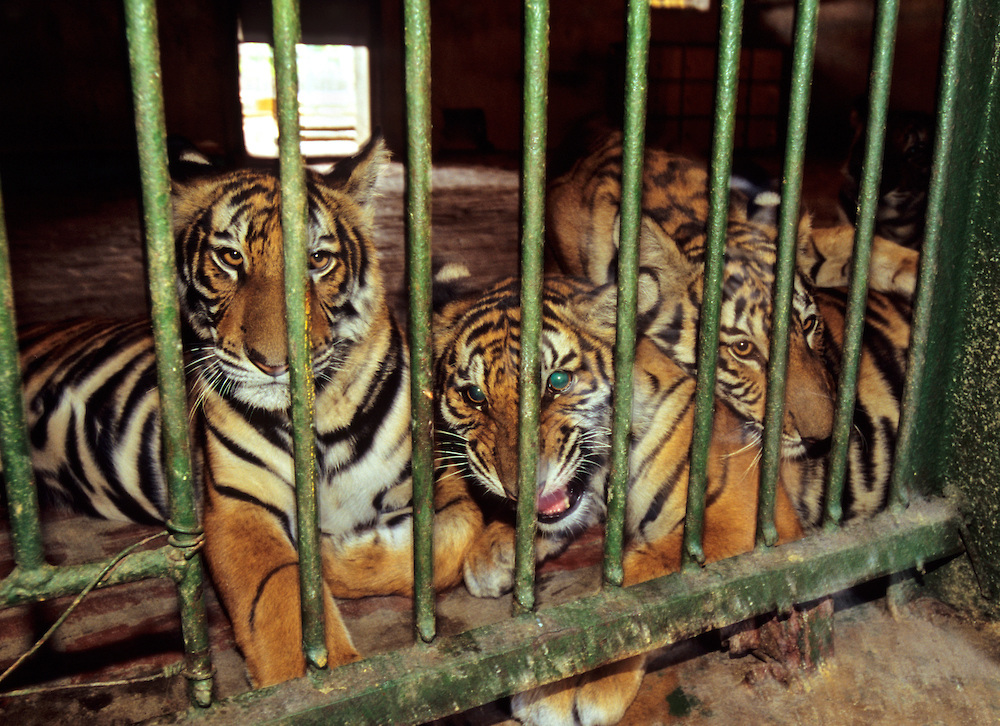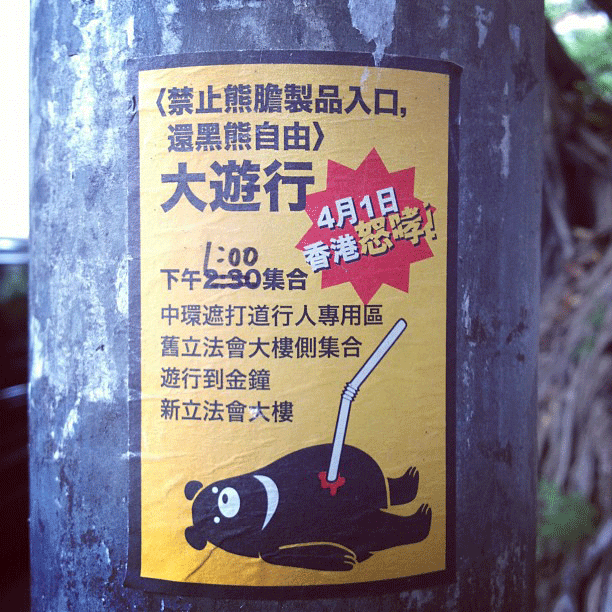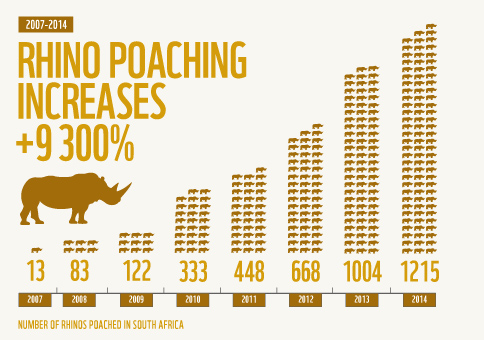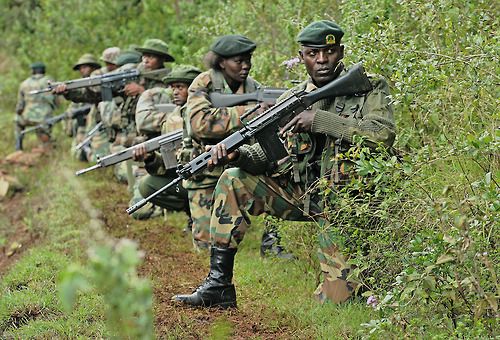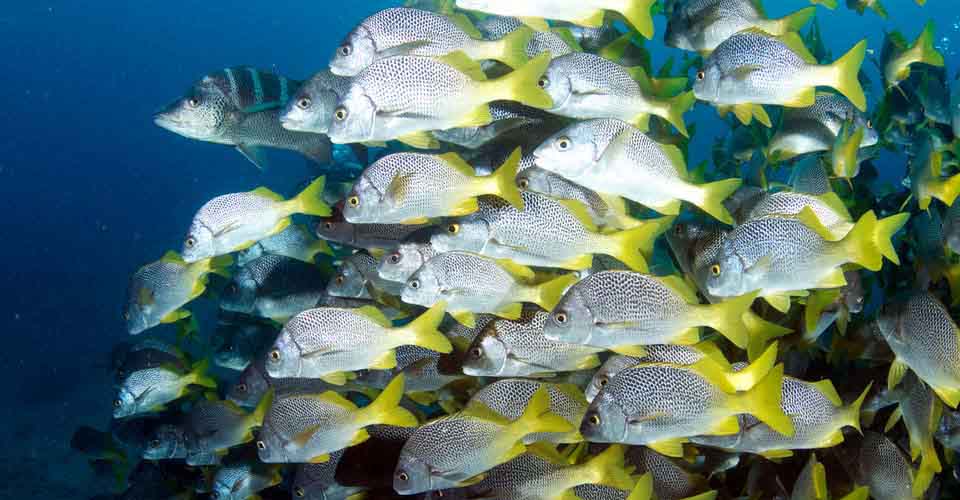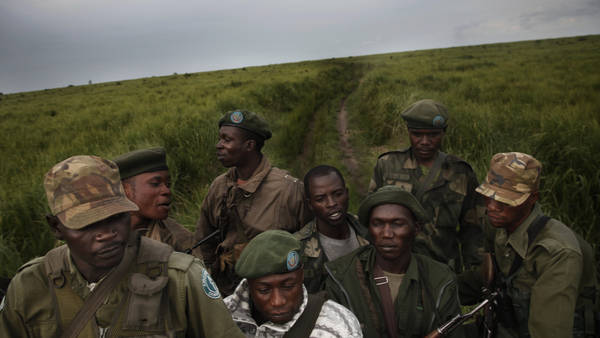China’s recent efforts to control the trade of illicit animal products both into the country and within its borders are a positive development. As I mentioned in a previous post on Chinese wildlife enforcement measures, China has one of the best track records in Asia when it comes to border enforcement… read more
Wildlife and traditional medicine
Wildlife products have been valued for use in various medicines for millennia. The use of wildlife products, which often are derived from threatened or endangered species, is still prevalent in traditional medicine, particularly in Asia. At current rates, species such as the pangolin are being driven towards extinction because of… read more
Will taking the guns and ammo away stop poaching?
One of the trickiest challenges in fighting poaching is the tension between arming rangers to combat poaching which could lead to increased escalation and tackling the problem through disarmament. World Wildlife Fund staff cited one of the biggest challenges in combatting poaching is the prevalence of weaponry in range states.… read more
It is Time for Congress to Take Action Against Wildlife Crime
Wildlife crime is one of the largest transnational organized crimes along with drugs, arms, and human trafficking. The U.S. Government has taken important steps to combat wildlife trafficking, however, now congress should Congress take action to consolidate the Obama administration’s priorities and define wildlife crime as a predicate offense.
The Black Box of the Ivory Trade: Ivory Vendors
*This blog is part 2 of a 3 part series. Click here for Part 1—Conditional Aid as a policy option. After one of our interviews in Beijing, my colleague Ana and I realized that while many studies have been conducted on the socioeconomic status of elephant poachers and Chinese ivory… read more
Conditional Aid as a Policy Option
On April 11th, my peer Ana Ramirez and I journeyed to Beijing to interview individuals on strategies for reducing international demand for illegal wildlife products. We learned many things over our three days of interviews that challenged our previous understanding of effective demand reduction strategies. Interview information brought to light… read more
Infrastructure and Guns May Curb Wildlife Trafficking
As I discussed in my previous blog post, the US attempts to curb wildlife tracking through foreign assistance. Specifically, FWS provides $10 million annually to enhance and support wildlife conservation throughout Africa and Asia. The funds support essential wildlife protection activities in 25 African countries, including improving capacity to carry… read more
Lessons from Beijing
Although seven days is not enough time to even get over jet lag, the week Jessica Carrillo and I spent in Beijing proved to be a very fruitful experience. Rushing from one side of the city to another, we were able to interview several organizations and scholars involved in demand… read more
Plan your summer to protect wildlife and promote sustainable development
Bartolome, Galapagos Islands, Ecuador. Source: WWF, Natural Habitat Adventures Have you already planned your summer trip? Do you want to enjoy wildlife watching? Do you know how your visit will impact the local economy? If your answers are yes, keep on reading. Here is some basic information on the ecotourism… read more
Military Corruption Fuels Ivory Trade
In mid-March 2012, 22 elephants, adults and calves, were found dead with their ivory tusks missing in Garamba National Park in the Democratic Republic of Congo (DRC). Days later, a Ugandan People’s Defence Forces (UPDF) military helicopter was seen flying low over the park. The Ugandan military has not been… read more

